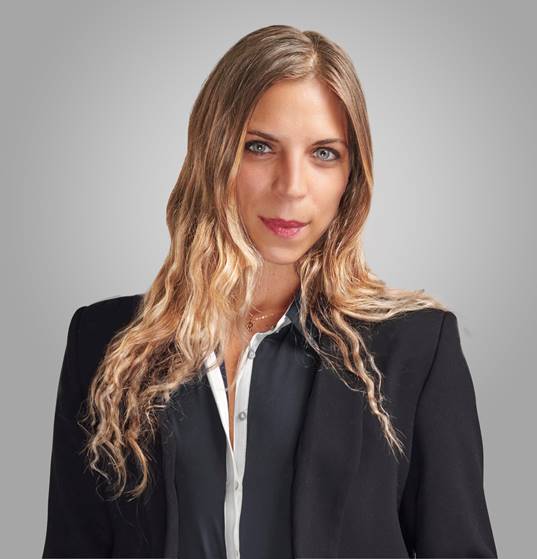Raina Marie Valentine
Art advisor/consultant, curator, and writer, specializing in Media Arts

Education: Bachelor of Arts in Art History, UNC Charlotte
Raina Marie Valentine is an art advisor, curator, and writer, specializing in Media Arts. With over a decade of experience at Pace Gallery in Manhattan, including roles as director and founder of the Media Arts Department, she has been instrumental in advancing digital art sales and artist representation of interdisciplinary artists and collectives.
She was a key founding member of Superblue Miami, a venue dedicated to producing and exhibiting experiential and immersive art. Raina now focuses on guiding collectors in building diverse art portfolios, working with living artists, and consulting on Web3 and GTM strategies. She is co-founder of Portraits of Women in Web3 (PWW3), which hosts networking events and speaking series. Her expertise spans producing large-scale exhibitions, curating international shows, and speaking globally on art market trends and emerging technologies. As a published writer and respected voice in the industry, Raina continues to bridge traditional and digital art worlds, championing innovation and diversity in the evolving contemporary art landscape.
As a student at UNC Charlotte Raina was an honors student, defending a thesis directed by Jae Emerling titled The Americans: A Construction of 1950s America by Robert Frank. She also participated in a study abroad trip to Italy, Greece, and Turkey, led by Associate Professor of Art History Jim Frakes. Raina was the first art history student to intern at the Bechtler Museum of Modern Art, where she conducted research on the permanent collection in the months leading up to its January 2010 opening and served as a gallery docent afterwards for more than a year.
Frakes invited Raina to participate in the Generations exhibition in celebration of the 60th anniversary of the Department of Art & art History. She , she contributed an excerpt from a larger op-ed article that reflects her own research and her thinking about artists using emerging technologies, framed by ideas that she has recently shared on panels hosted by Columbia University and New York University.
“This is such a new frontier, but I am an emerging figure in these important and new discussions within the artworld,” she told Frakes.